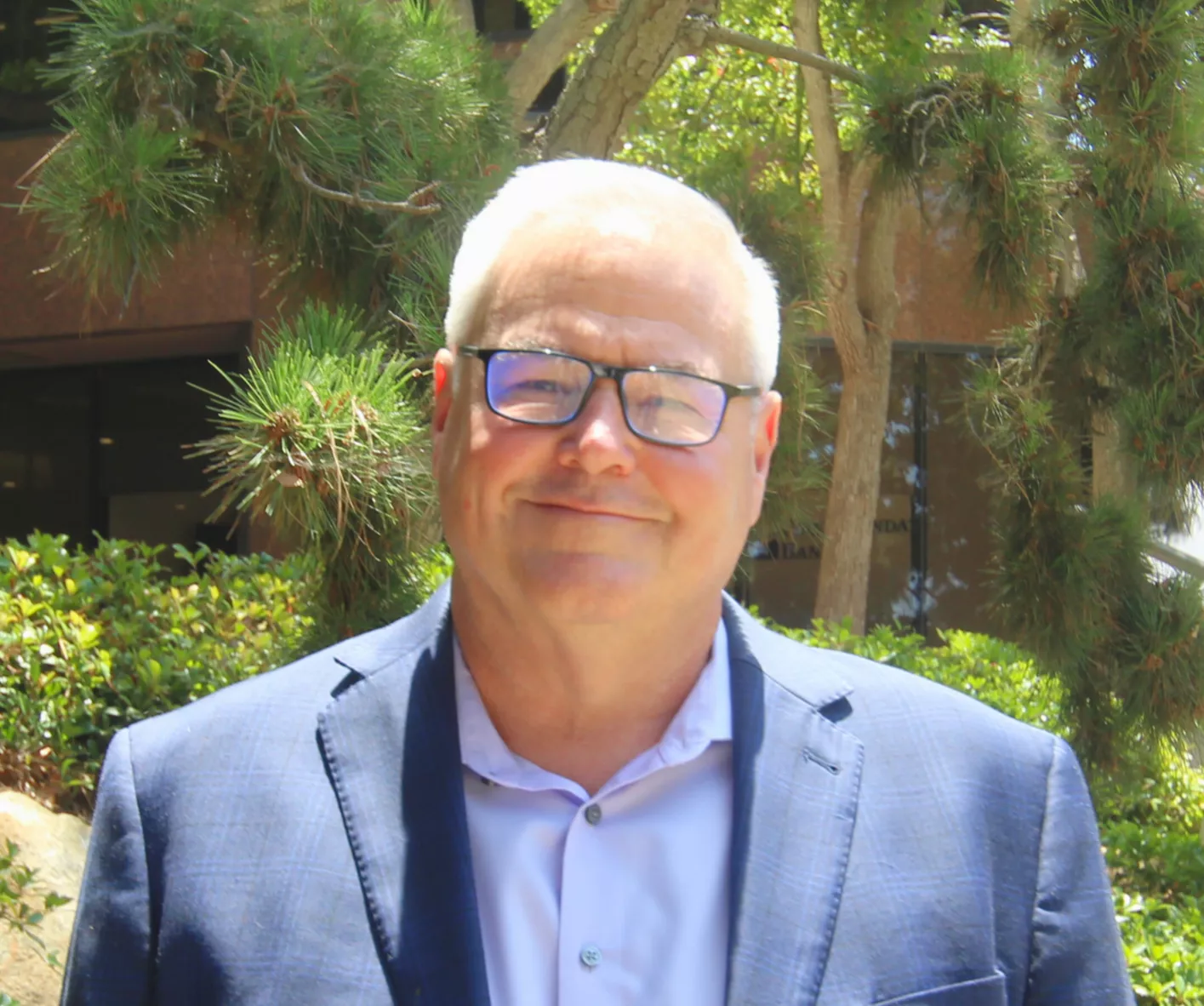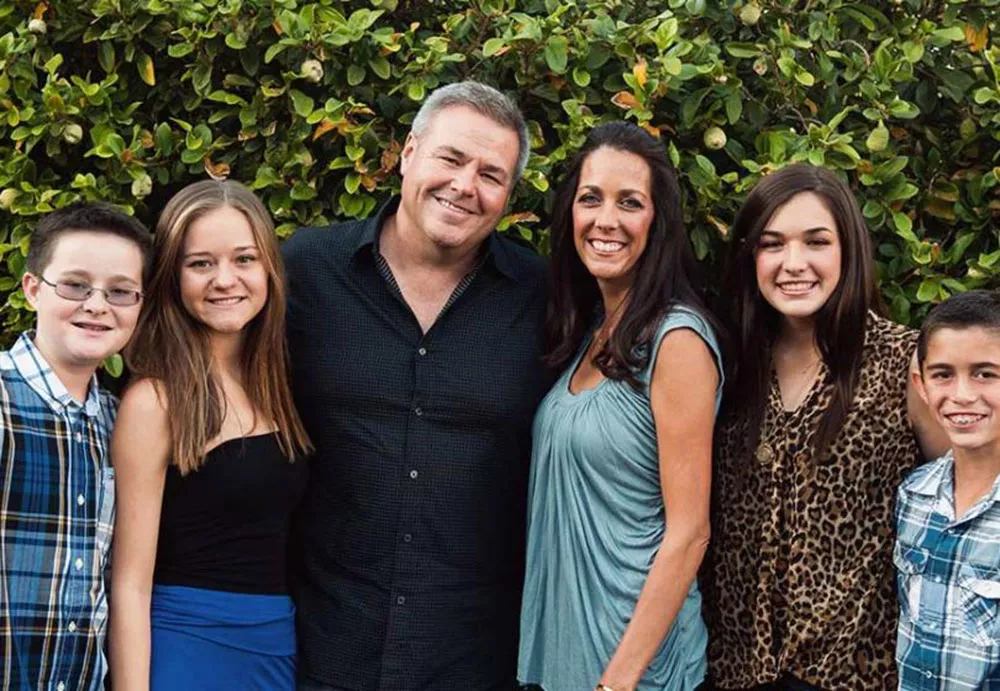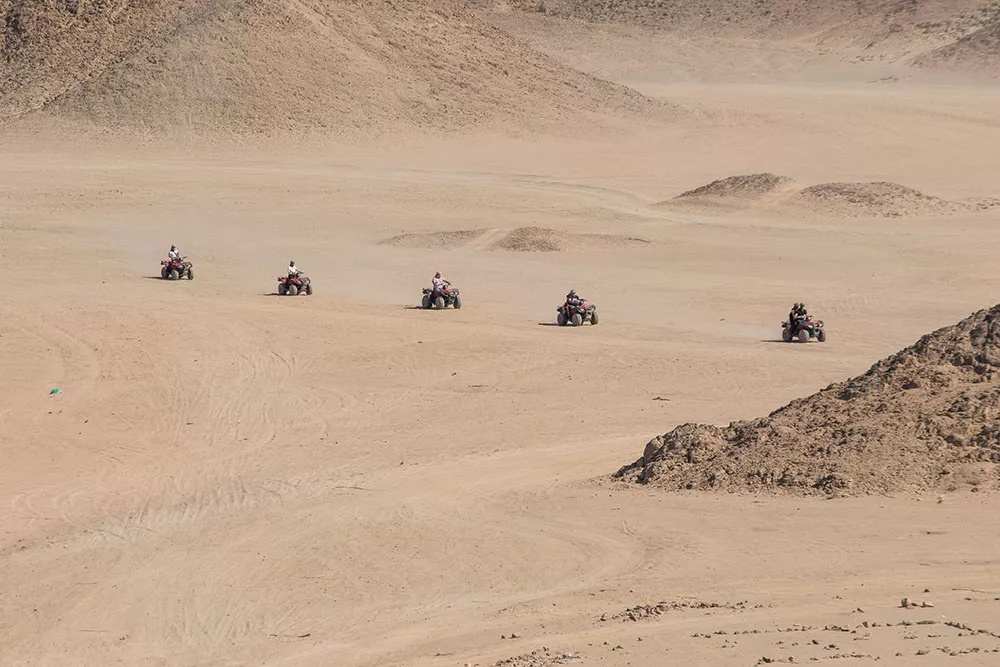Q&A with Jim Sikora: General Manager, San Diego

Jim Sikora opens up about building an award-winning team at Slalom Phoenix, his love of desert dunes, and his vision for Slalom San Diego.
How did you end up in consulting?
My first job right out of college was with Arthur Andersen. I had no idea what I was going to do when I grew up. I thought this type of a role would give me exposure to a number of different industries and different companies. I thought it would help shape what I wanted to do for a long-term career.
So, going into it, I had no idea that I would make consulting a career, but I did. I never left Arthur Andersen, which became Andersen Consulting, then Accenture. I stayed more than 20 years.
You have fond memories of those days, right?
Very much so. Andersen Consulting in Phoenix in the early 90s was very similar to how Slalom is today. We ran our own P&L, so we could make localized decisions on what was right for the employees in our market and what clients we wanted to market to. We were able to decide how we were going to market.
We were also very involved in the local community. Following on the legacy of a lot of the accounting firms, we were always seen as leaders in the community. Essentially, if there was a community problem or Phoenix wanted to attract a new company, they would call us. We became part of the fabric of the community, and it felt cool.
And then, in the mid-90s, Andersen Consulting flipped financials. They moved them out of the local markets and into industry groups.
How did that impact you?
For Phoenix, it wasn’t great because we didn’t have a ton of Fortune 500 companies headquartered there. So, everybody started traveling. We'd been so used to working in our own market, but now everybody got on a plane. I was in financial services, and there’s not a lot of that in Phoenix. So, I had to get on a plane and go to San Francisco and work with clients there.
What you find is that when you’re on the road all the time, you become disconnected from your community. When you come back to town, you just want to reconnect with your family. The last thing you want is to figure out how to do mentoring or plan a community event. So, it all changed. We became very disconnected, and we weren’t doing great things in the community anymore.
I left Accenture in 2006. I was burned out from all the travel. I started up an independent consulting company focused on IT governance. We helped with large transformations—big, multi-year projects—making sure the right level of governance was in place to ensure that those projects could be successful.
I was quasi-retired at that point, working maybe 30 hours a month at the most, on my own schedule. I was very much in control of my own destiny.
How did you get connected to Slalom?
Slalom wanted to open an office in Phoenix and invited me to interview as general manager. My initial answer was “no.” I was really enjoying the lifestyle that I had created, but I offered to introduce Slalom to people that I thought would be really good candidates.
I created warm introductions to seven or eight people. As we were going through that process, I met more and more of Slalom’s leaders, and I started to see that this was a very different type of consulting company. I began to understand how invested Slalom is in each of its communities, and it brought me back to the days that I felt very fond of, back with Andersen Consulting when we made such a difference in the community.
My personal reflection was that my ability to have an impact in the community of Phoenix, as a person of one, a company of one, was somewhat limited. But my ability to make an impact on the community with backing of a company like Slalom was pretty tremendous.
And that was my tipping point. I threw my hat in the ring and took the job. And it has been, by far, the best thing that I’ve ever done from a career perspective. It was so much fun to build a market, build the culture in Phoenix, build a company in a way that I feel is representative of the people in that particular community.
What did you learn in your five years leading Slalom Phoenix—and how have you carried that into your current role as general manager of Slalom San Diego?
The first thing I would say is, find good people and leverage their passion. If you create an environment where consultants feel like they're empowered to define what the company looks like in the future, you’ll be shocked and amazed at how engaged they want to be.
We were tremendously proud in Phoenix to continually lead Slalom’s Employee Satisfaction (SES) survey results across the company. And for three out of the four years, we also led all Slalom offices in terms of client satisfaction.
We created a tremendous product, if you will. Not only for our employees, but for our clients who loved what we were doing there. And I think there’s a unique opportunity to do something very similar in San Diego. For me, the crowning achievement when I left Phoenix was that we were the number one in Best Places to Work across the entire valley.
I love the people that we have in San Diego. I can see us, in the very near future, winning a similar award in San Diego. Empowering our consultants to define who we are and how we’re going to represent ourselves and market—it’s a powerful engine that that no other company’s going to be able to compete with.
What are you seeing in the San Diego business community?
In a lot of ways, San Diego is similar to Phoenix. There aren’t a lot of Fortune 500 companies headquartered here. So, while it’s important to partner with those large companies because of their influence and ability to help shape the market, there’s a tremendous opportunity with middle market and start-up companies.
There’s also a large life sciences industry in San Diego, so we’re definitely going to be focusing on that and bringing not just solutions, but industry-leading thinking to our clients here. We’ve got some very deep skills in that space.
The defense sector is also really big, so we’re focused on partnering with these companies to help them continue to grow and make them better partners in the community, as well.
What do you like to do when you’re not working?
Drink wine. Being new to San Diego, I’m a little bit out of school because San Diego is the king of the craft brewing industry, and I’ve never really gotten into all of the craft beers. I’ve always been a wine person, but some of these craft breweries are amazing. I’m also a bit of a foodie, and the restaurants here are just spectacular.
I’m still a little bit of a desert rat. We have sand toys, and we go out to the dunes, in season, quite a bit. From Phoenix, it’s about a three-and-a-half-hour drive to Glamis, one of the big dune areas, right on the California/Arizona border. Living in San Diego cuts about an hour off that drive. So, I’m excited to make trips out to the dunes. It’s usually a big family event for us, with family coming from all over California and Arizona to connect out in the dunes on the weekend.
What’s the best piece of advice you’ve ever gotten?
I’m a huge baseball fan, and there are a lot of great analogies about success in baseball. One that I always seem to remember is from Babe Ruth. When he would strikeout and people would ask if he was disappointed, his answer was, “Of course not! That strikeout means I’m one at-bat closer to my next home run.”
As we grow our market, we recognize that there are going to be a lot of ups and downs. We obviously want more ups than downs, but I have confidence that every setback brings us to our next big win.

